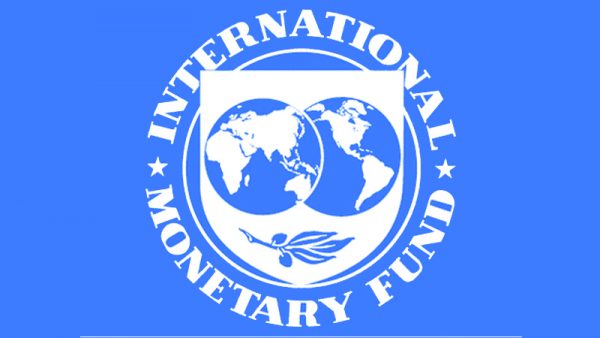The International Monetary Fund, IMF, has approved $3.4 billion in financial support to Nigeria. This comes after the country requested help from the institution to ameliorate the impact of the COVID-19 pandemic on its economy.
The facility could also help Nigeria fend off some of the threats from falling crude oil prices, which have rendered the federal government’s budget for the current year untenable.
Read more about Finance
Nigeria had earlier requested the funds, as part of its drive to shore up its finances. This request was granted by the executive board of the IMF after its meeting on Tuesday.
The amount Nigeria will be receiving represents the total reserves that it holds with the bank. It’s also the largest amount that the institution has granted to any African country to date.
It’s still unclear whether the support comes with significant strings attached. This is a point that many Nigerians are wary of, given the unpleasant effects of the policy measures that might accompany a loan from the IMF.
However, Nigeria is expected to repay the sum within the next five years; member countries are required to maintain reserves with the IMF if they are to remain part of the institution.
Following the meeting of the IMF’s executive board, Mr. Mutsuhiro Furusawa, Deputy Managing Director at the bank, said he hoped that the facility could help Nigeria intensify its efforts to manage the economic impact of the COVID-19 pandemic.
“The COVID-19 outbreak– magnified by the sharp fall in international oil prices and reduced global demand for oil products –is severely impacting economic activity in Nigeria,” he explained.
“Additional declines in oil prices and more protracted containment measures would seriously affect the real and financial sectors and strain the country’s financing.”
He said that the emergency support from the IMF could enable the country to maintain its foreign reserves at levels that were safe for its economy. But he also noted that Nigeria could need more funding from development partners to improve its situation.
Find our comprehensive listings of businesses in Nigeria here
Nigeria is one of over a hundred countries that asked the IMF for funding under its Rapid Financing Instrument.
Also on Tuesday, Germany canceled debts worth €22.4 million (₦8.9 billion) that Nigeria had owed it. The German government also said it would be giving €5.5 million (₦2.2 billion) in aid to support humanitarian efforts in Adamawa, Borno, and Yobe states.
There is growing concern about the state of the Nigerian government’s finances, owing to the sharp decline in crude oil prices. Oil sales contribute almost 90% of Nigeria’s foreign reserves and 60% of the government’s revenues. The coronavirus pandemic has exacerbated the effects of the oil price crash, by drawing the country into an almost certain recession.
Besides drawing down its reserves with the IMF, Nigeria is also seeking loans from the African Development Bank (AfDB) and the World Bank, to close a significant gap in its finances.
Featured image source: Daily Post NG
Got a suggestion? Contact us: [email protected]


